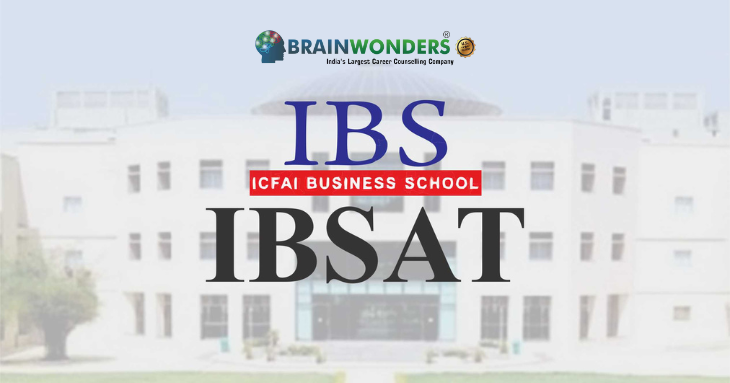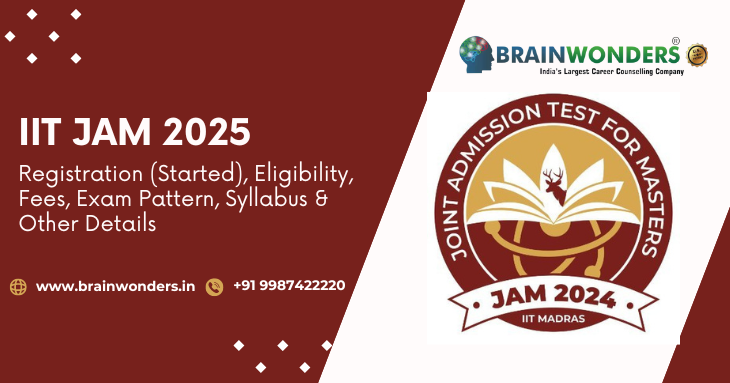

Let the best team of psychologists and career counsellors help you achieve your dream career!
Get expert guidance about your abilities, industries, and best ranked career options for you
Blog
10 January,2024 | By Brainwonders

Can you envision yourself soaring confidently across the sky in a well-groomed uniform? Pilots bear a significant duty of securely ferrying passengers, crew, and cargo through numerous flights, all while captivated by the awe-inspiring vista from the cockpit. Pilots are skilled, accomplished, and licensed professionals who undergo diverse training programs to operate an aircraft or helicopter. Are you interested in pursuing a career as a pilot? Would you like to learn about the path to becoming a pilot after completing your 12th grade? This article is tailored just for you!
Once perceived as a specialized domain, post-12th pilot courses are now emerging as a vital educational sector within the country. If you ponder what path to pursue after completing 12th grade to become a pilot, selecting the appropriate program can yield substantial financial rewards.This article will explore some of the finest pilot training courses available in India after the 12th grade and the esteemed institutes offering them.
For your convenience, we have crafted a concise handbook encompassing all the essential information on becoming a pilot after completing the 12th grade. This guide aims to simplify your journey and provide you with the necessary knowledge.

The field of piloting offers a wide range of career options, each with a specialized focus and subject matter. These different pathways enable aspiring pilots to select their preferred area of expertise. Here are some of the main categories available to individuals considering a career in piloting:
Airline Pilots: This is the most common category of pilots who operate aircraft primarily designed for passenger transportation. Airlines typically employ them; aspiring pilots can pursue this career path after obtaining a commercial pilot's license.
Private Pilots: Private pilots operate jets or aeroplanes owned by wealthy individuals. They cater to the specific needs of private jet owners. To become a private pilot, one must acquire a license.
Sport Pilots: Sport pilots engage in flying activities related to various sports. They typically fly at altitudes below 10,000 feet and operate within designated areas specific to their chosen sport.
Flight Instructors: Flight instructors are crucial in training and educating aspiring pilots. Educational institutions employ them to impart their knowledge and skills to the next generation of pilots.
Air Force Pilots: Air Force pilots fly advanced jet aircraft for diverse missions within the Air Force. Aspiring individuals aiming to become Air Force pilots must pass the AFCAT exam and subsequently undergo training in the Air Force.
As a pilot, honing a foundational set of skills can significantly enhance your professional journey. The aviation realm presents diverse challenges, and strong skills can contribute to your success in various scenarios. It is advantageous to possess the following abilities:
Requirements for Pilot Eligibility To pursue aviation courses after completing the 12th grade, certain criteria set by the institute or academy must be met. The following prerequisites need to be fulfilled to become a pilot:
Commercial Pilots operate passenger or cargo aircraft, such as Airbus and Boeing, to transport people or goods within a country or globally. They may also fly private jets owned by affluent individuals or corporations. Additionally, some Commercial Pilots are skilled in helicopter operations. Here is a list of licenses necessary to pursue a pilot career after completing the 12th grade:
Private Pilot License (PPL): The Private Pilot License is the initial license obtained by aspiring pilots. It allows you to fly an aircraft for non-commercial purposes, such as personal recreation or private transportation. The PPL requires fulfilling specific flight hours, passing theoretical and practical exams, and meeting medical fitness criteria.
Specific qualifications must be met to be eligible for a career as a pilot. These include passing the Class 2 Medical Examination by the Directorate General of Civil Aviation (DGCA). Airline pilots are typically required to hold a bachelor's degree in any field, while commercial pilots should have a high school diploma or equivalent. Some flight schools have received approval from the Federal Aviation Administration (FAA) and are affiliated with 2- to 4-year colleges or universities offering aviation or aeronautics degrees that align with FAA requirements.
A specific amount of flight training hours must be completed to acquire a pilot's license. The number of training hours required depends on the type of pilot program pursued. For instance, a commercial pilot's license necessitates 250 flight hours, whereas an airline pilot's license mandates 1,500 flight hours. While formal education provides a fundamental understanding, additional avenues, such as hiring a private tutor or enlisting in the military, can offer more comprehensive knowledge and hands-on experience in aviation.
To fulfil the requirements, a minimum of 200 flight hours is necessary. The initial stage involves accumulating the prescribed number of flight hours, followed by a written evaluation assessing your flying skills and passing a medical examination. It is crucial to approach these steps with confidence and adequate preparation. Presented below is a compilation of the primary pilot licenses issued by the Civil Aviation Authority (CAA) of respective countries:
Certain airlines may impose aptitude tests and psychological evaluations in their pilot hiring process. Upon selection, pilots are obligated to undergo several additional weeks of training and flying to gain proficiency as co-pilots. It is often advantageous to have prior experience with a regional or small-scale airline, as it can prove beneficial in the future if your aspirations involve transitioning to a major airline.
Advancement from pilot to captain is solely dependent on seniority and experience. To acquire further flight ratings, one must undergo additional written and practical tests administered by the Federal Aviation Administration (FAA). Maintaining a continuous learning approach and staying updated on industry developments is essential. The Aircraft Owners and Pilots Association (AOPA) and the International Federation of Airline Pilots Associations (IFALPA) organise educational seminars and webcasts to assist pilots in honing their skills and achieving mastery in their profession.
Within this segment, we shall furnish a compilation of esteemed colleges that offer pilot courses after completing the 12th grade, accompanied by relevant fee details.
| Flight Training Colleges | Average Annual Fees (INR) |
| Indian Institute of Aeronautics | Rs. 1.70 lakh |
| The Bombay Flying Club (BFC) | Rs. 10 lakhs |
| Indian Institute of Engineering and Aeronautics | Rs. 12 lakhs |
| Ahmedabad Aviation and Aeronautics | Rs. 20 lakhs |
| Wingss College of Aviation and Technology | Rs. 23 lakhs |
| Hindustan Aviation Academy | Rs. 4 lakhs |
| Indira Gandhi Rashtriya Uran Academy | Rs. 42 lakhs |
| National Flight Training Institute | Rs. 50.05 lakh |
| Government Aviation Training Institute | Rs. 55 lakhs |
To pursue a career as a pilot in India, students need to meet specific requirements such as being at least 17 years old and possessing a physical fitness and medical certificate. Below, we present a selection of the finest courses available for individuals aspiring to become pilots after completing their 12th grade:
The pilot profession is renowned worldwide for its prestige, challenges, and promising opportunities. Pilots are recognized as highly skilled and proficient experts in their field. The primary responsibility of an airline pilot involves operating the aircraft's engines and controls to navigate and steer the aircraft. They also conduct pre-flight checks on hydraulic and engine systems to ensure safety and continuously monitor fuel consumption and aircraft systems during the flight. Prospective pilots aiming to work for an airline must fulfil specific requirements, including a predetermined number of flight hours and maintaining good physical and mental well-being. They can pursue opportunities with both state-owned and privately-owned domestic and international airlines.
India offers abundant opportunities for pilots in its rapidly expanding aviation industry. Being a pilot provides lucrative prospects and various advantages, such as flexible work schedules, job security, unlimited training opportunities, and travel discounts. With the high demand for air travel in India projected to double shortly, there is no better time than the present to embark on the journey of learning to fly!
Let the best team of psychologists and career counsellors help you achieve your dream career!



,_Syllabus,_Pattern,_Old_Question_Papers.png)

